Workers and pensioners are now among those desperately seeking help from foodbanks in Tayside and Fife as The Trussell Trust struggles to cope with record demand.
New figures from the charity show 30% more parcels were provided from April 1 to September 30 compared to the same period last year.
One of the drivers behind the increase is that new sectors of society have joined other typical users such as those struggling to survive on welfare.
Many of those aged 65 are unable to cover food costs using their state pension, foodbank managers report, while wages — particularly for those living alone — also fall short.
‘In-work poverty’ a new problem
Ken Linton, manager at Dundee & Angus Foodbank, said: “These are the highest numbers we have seen for this period, there’s absolutely no doubt about that.
“We are seeing an increase in the number of single adults that come to the foodbank and this group already makes up the majority.
“The reason behind that is there’s only one pot of money — whether that’s from benefits or wages — to cover these huge bills everyone has now.
“In-work poverty is definitely something we’ve noticed this year.
“It’s a real concern that older people aren’t able to look after themselves either as we’ve seen more people over 65 seeking help. The state pension may not be enough and they might have no back up pension.
“The concern is, this is the quietest half of the year because it takes in summer when energy bills are lower. People will now be facing the heating or eating scenario.”
Across all Trussell Trust locations in Tayside and Fife during the period, there was 21,081 parcels distributed compared to 16,306 in 2021.
The 30% jump is mirrored on a national scale in Scotland which has also seen a similar increase in parcels given to children — 40,000 in the same period —the largest ever number.
Eleanor Kelleher, project co-ordinator at Perth & Kinross Foodbank, said the area is experiencing the same.
“Never have I seen the figures we have seen in the last few months,” she said.
“We are seeing lots of people that have never come to us before; lots of new arrivals.
“The people who were sitting on the edge have been pushed over the precipice into poverty.”
Furlough and Universal Credit impact
The end of the UK Government’s furlough scheme last year, introduced during the pandemic to cover the wages of millions, already put unprecedented pressure on foodbanks.
A £20 weekly boost to Universal Credit also ended, leaving many unable to afford basics.
Ms Kelleher said the cost of living crisis has now “compounded matters”.
She said: “People have used up their savings if they had any or have accumulated debt.
“So many end up in a vicious cycle where they try to cover bills with money they don’t have and they just can’t get back out of it.
“We are just providing a plaster for people. The issue needs to be addressed much further upstream.
“It’s devastating for us but we could see it coming a mile away.
“I think this whole crisis is actually quite simple to tackle. We need to make sure people have enough money not just to survive but to live.”
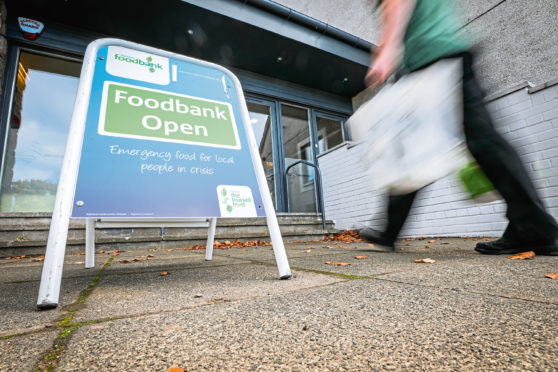
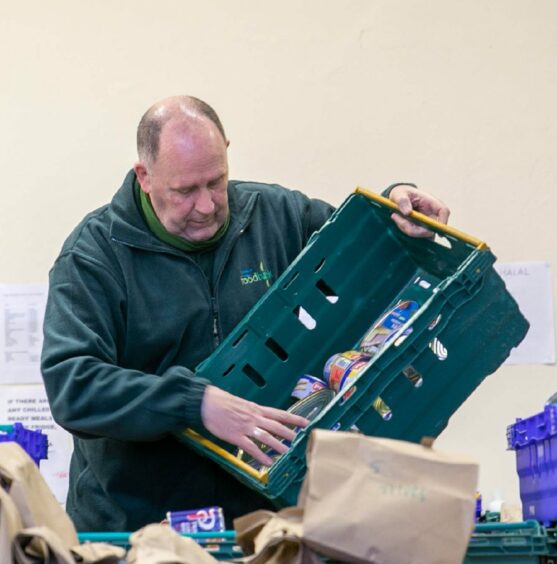
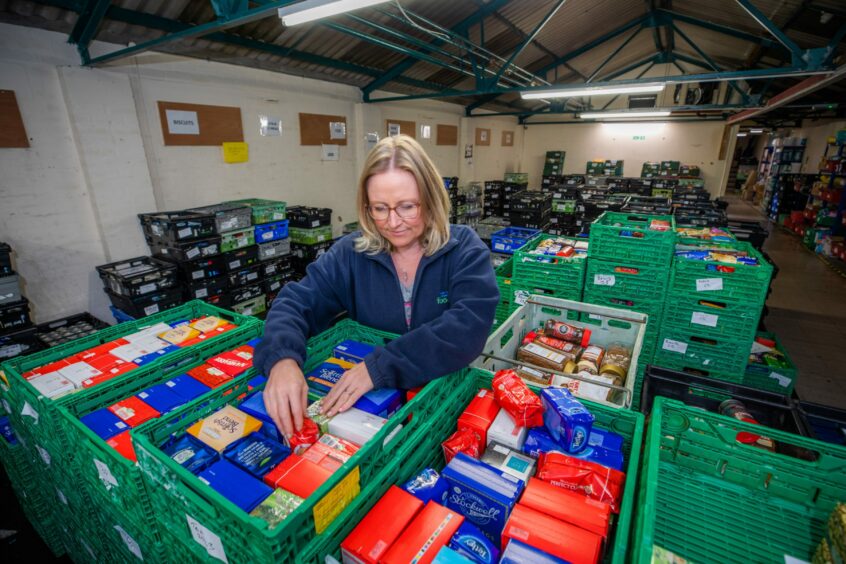

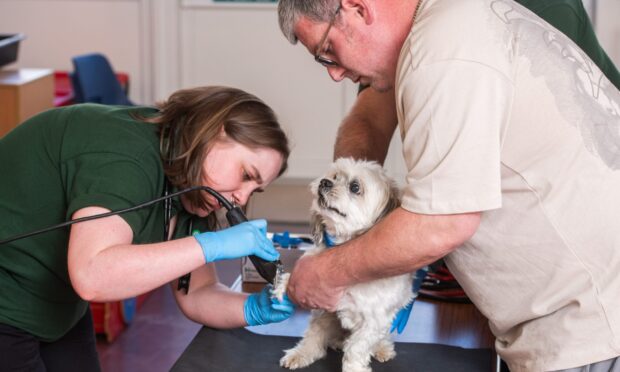


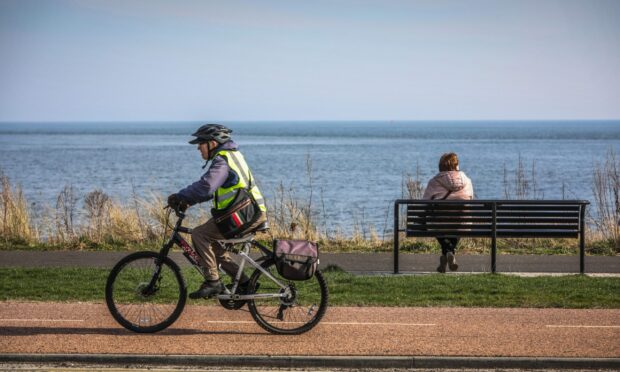
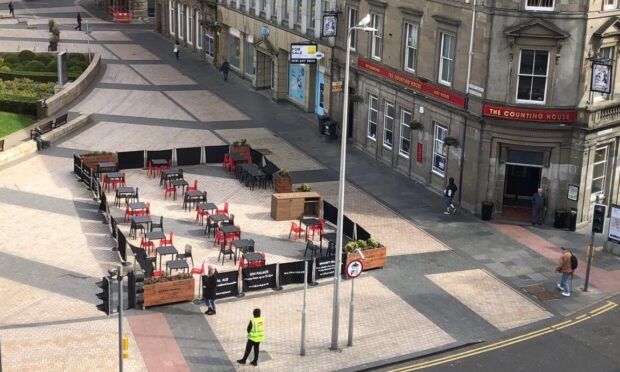

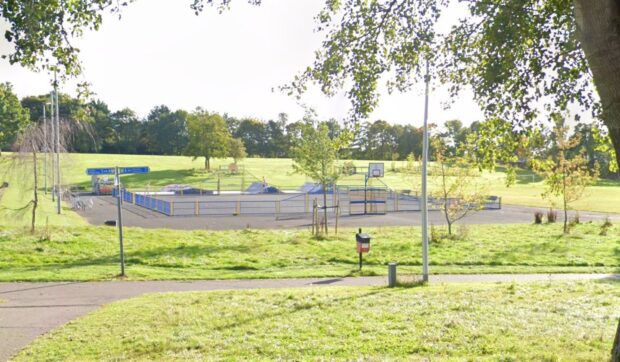


Conversation